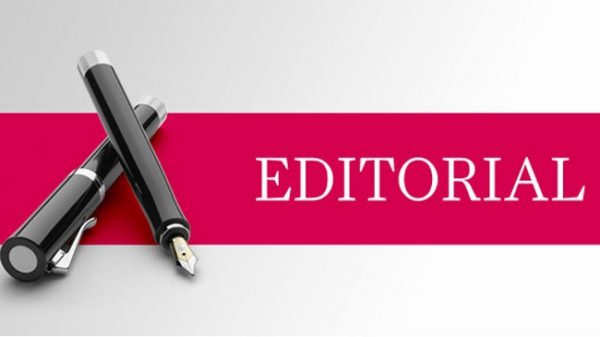Textbook errors violate right of students to education

THIS is deeply worrying that errors in facts, scientific or historical, in school textbooks of the national curriculum have become characteristic of the National Curriculum and Textbook Board. The government in January introduced a new curriculum with aim to better prepare students for the contemporary world, but the textbooks, distributed to students of Class I, VI and VII, come to contain gross mistakes. Spelling mistakes have been detected in the English textbook for Class VI. Some content of a science textbook for Class VII has been plagiarised, done into Bangla with an online translation tool, from the National Geographic. An editorial board member, scientist Zafar Iqbal, along with Hasina Khan, has issued a statement on January 17 shouldering the responsibility, but insisting that they were not directly responsible for writing that chapter. They have said that the textbook was introduced experimentally and there are scopes for correction. It is good that the educationists have owned up to the mistakes, but reported plagiarism questions the ethical integrity and sincerity of the editorial board and the writer’s team which they cannot simply wish away by saying that books would be reprinted.
All stakeholders, from the education minister to textbook board members tried to dismiss the public concern and talked about the scope for a reprint. But they appear have failed to comprehend the grave moral and material consequences of such mistakes and plagiarism. The students who are given the textbooks are exposed to lessons full of mistakes and their right to standard education is violated. An expedited reprint could make the public pay for the mistakes and insincerity of the educationists and textbook board members. The authorities concerned have failed to identify the systemic concerns involved. It is the students and parents who have pointed out the mistakes and the case of plagiarism after the distribution of the books. Editorial members, too, have indicated that they did not see the chapter in question. In other words, there were no effective manuscript review processes in place or the editorial board responsible for the review of the manuscripts were insincere and did not discharge their duty diligently.
Public concerns have been raised in the past about erroneous and ideologically misguided textbooks. The government has occasionally taken disciplinary action against textbook board officials for publishing gender discriminatory or communally provocative contents, but it has never addressed the systemic concern demonstrated in the repeated publication of substandard textbooks. Considering the significance of primary and secondary education, the government must abandon its lacklustre approach to drafting and publishing textbooks and set up a committee to look into the allegations and take appropriate action against all involved in the process.

























Leave a Reply